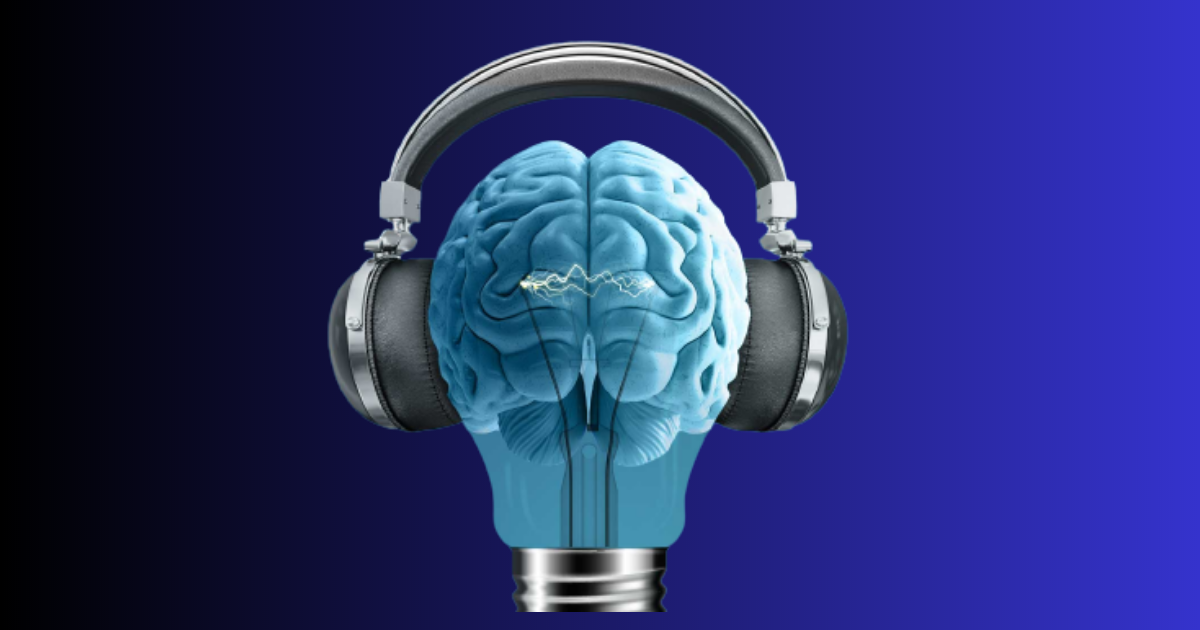As the impact of artificial intelligence (AI) on jobs and daily life looms large, professionals in the field of audio books are already experiencing significant transformations. AI technology has the capability to create human-like recordings at a rapid pace, potentially bypassing the need for human voice professionals who have traditionally made a living through their voices.
Voice actor and professional narrator Tanya Eby, who has been in the industry for two decades, has seen her workload decrease by half in the past six months. Her bookings now only extend through June, whereas in a typical year, they would go until August. Many of her colleagues have reported similar declines in their businesses.
Although there is no explicit labeling of AI-assisted recordings, professionals assert that thousands of audio books currently in circulation utilize “voices” generated from a database. DeepZen, a cutting-edge company based in London, offers rates that significantly reduce the cost of producing an audio book compared to traditional methods. They have developed a database by recording the voices of multiple actors speaking in various emotional registers.
While DeepZen ensures proper licensing and payment for the voices they use, some professionals claim that other companies are not as ethical and exploit the gray area of using voices from databases without compensation. The audio book companies contacted by AFP denied engaging in such practices.
Generative AI, which can create texts, images, videos, and voices without human intervention, is reportedly being used by several traditional publishers. Amazon’s subsidiary, Audible, states that professional narration remains a core aspect of the listening experience, but they acknowledge the potential coexistence of human performances and text-to-speech generated content as technology advances.
Major tech players like Apple and Google have entered the AI-narrated audio book market, aiming to make audio book creation more accessible and democratize the publishing industry. However, concerns exist about the emotional connectivity and human element in AI-generated recordings compared to those produced by human voice professionals.
Despite potential disruptions, some believe the growing market will benefit both voice actors and consumers. However, there are calls for transparency, with professionals urging companies to disclose when an audio book is AI-generated to ensure listeners are aware.
As the industry grapples with the advancements in AI technology, professionals emphasize the importance of preserving the human touch and emotional essence of storytelling, highlighting that the art of storytelling should remain inherently human.



![[CITYPNG.COM]White Google Play PlayStore Logo – 1500×1500](https://startupnews.fyi/wp-content/uploads/2025/08/CITYPNG.COMWhite-Google-Play-PlayStore-Logo-1500x1500-1-630x630.png)